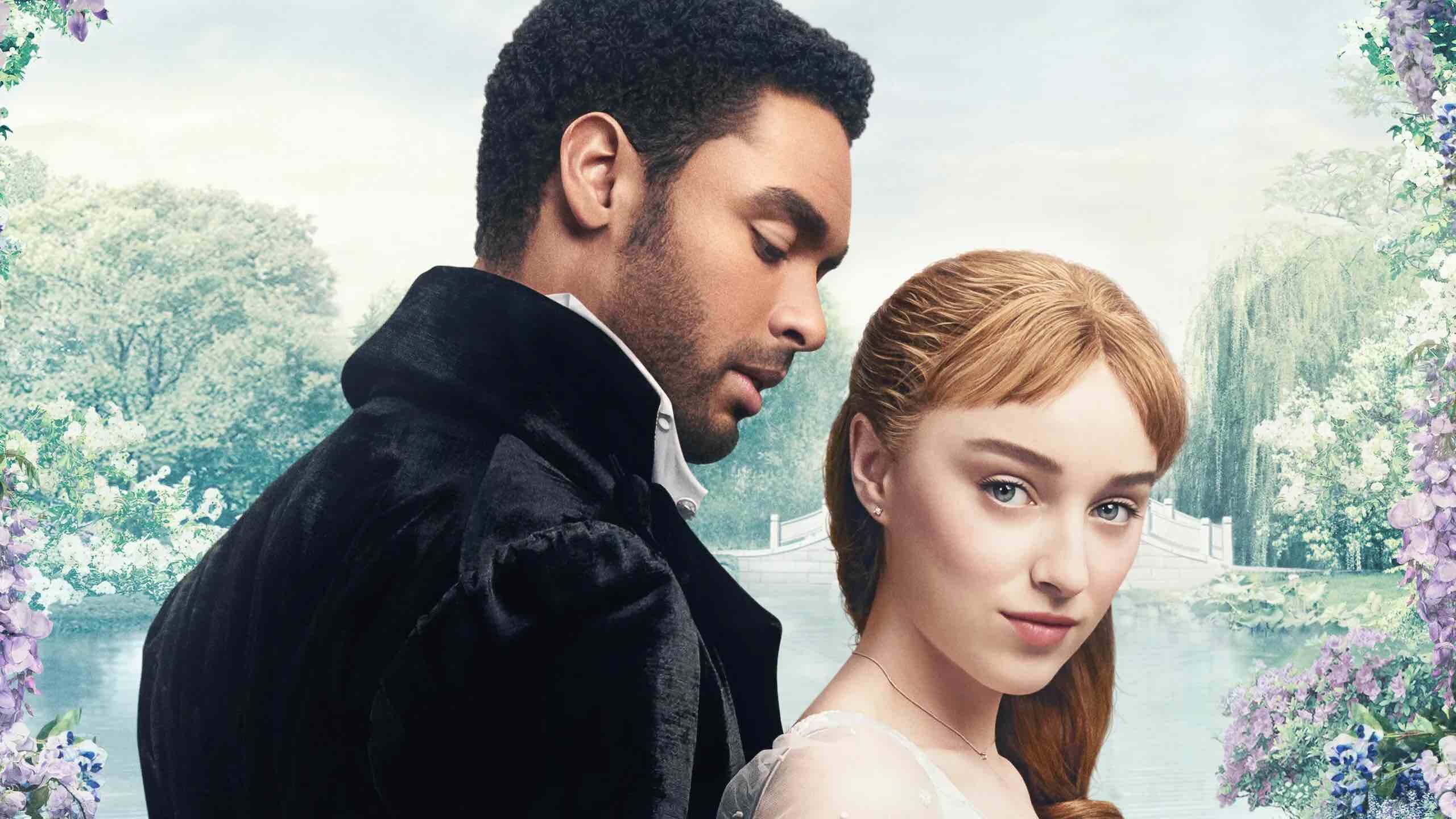This review contains spoilers for Bridgerton Season 1
I wasn’t looking forward to watching Bridgerton, a new Netflix series which debuted on Christmas Day last year. I hadn’t read the novels – the show is based on Julia Quinn’s eponymous series – and was not familiar with Executive Producer Shonda Rhimes, who signed a $100 million contract with Netflix in 2017, even though everybody on the planet knows her work.
However, even if I had I been exposed to either of those things, I still wouldn’t have cared. There is no shortage of stories about priviledged British royals and their straphangers, and after a while the characters and plot lines all tend to blend together in my head. For me to want to be invested, I have to know I’m going to see something unique.
Downton Abbey accomplished this by focusing on the straphangers as much as the royals. That was interesting, and the entire series held my attention.
Bridgerton held my attention in perhaps the most subversive way possible in this day and age.
The plot itself is, when it’s not forgettable, downright silly. Julie Andrews – yes, that Julie Andrews – narrates much of the series as the voice of Lady Whistledown, a Regency-era Page Six equivalent, who dishes royal dirt and drives most of the action. The Queen, quirkily portrayed by Golda Rosheuvel, is obsessed with discovering her real identity and so is Eloise Bridgerton (Claudia Jessie), who develops into the most enjoyable character in the series.
I’ve seen this story before, and so have you. There’s this girl, who wants to marry for love, but is being forced by her family to marry for status or else their prospects in high society will look grim, et cetera, ad nauseum. Everyone has a secret they’re desperately trying to hide, but somehow Lady Whistledown still manages to get the goods. Her identity, when it is finally revealed, is entirely predictable, and so is the primary love story between Daphne Bridgerton (Phoebe Dynevor) and Simon Basset (Regé-Jean Page).
The sex is R-rated and plentiful – in the second half of the series we see more of Simon’s naked ass than we do of it in pants. And during this period the conflict between Daphne and Simon revolves entirely around the performance of an explicit sexual act, one Simon understands but Daphne does not.
None of this – on its own – is unique. None of it is enough to interest me, to make me choose to invest in this story. So, what could possibly cause me to say this is the most subversive show on television?
The casting.
A high percentage of the characters in this 19th century British period piece, including the most powerful person in the series, the Queen of England herself, are black.
This would seem to be an anachronism begging for an explanation, given that the practice of slavery was still legal in the British Empire in 1813, the year in which Bridgerton is set. But, except for one throwaway line in an early episode, it is never discussed. In this world, race is simply not a consideration. For anyone. Interactions are based solely, to turn a phrase, on the content of each character.
I watched this fascinating dynamic play out in each successive episode with an increasing sense of wonder. Daphne’s brother is opposed to her relationship with his best friend Simon not because he’s black – again, there are no nods to race in the series – but because he’s a nororious lothario. When Marina Thompson (Ruby Barker) tricks a young man into proposing while she is three months pregnant with another man’s child, neither her actions nor his response have anything to do with the race of any of the characters involved.
Bridgerton is a work of art which thumbs its nose at those for whom race is the singular defining aspect of Western culture in 2021.
Despite the show’s hands-off approach, The New York Times read race into the show anyway, making it the centerpiece of their review, claiming – falsely, in my view – that in Bridgerton, “race is relevant, but not the sum of any character’s story.” Vulture claimed the show’s treatment of race is “a way to substitute an older Regency daydream for a new one, its diversity emptied of all meaning and historical context.” And these reviewers want to retcon Critical Race Theory into seemingly every scene.
But this BuzzFeed review had the most unintentionally revealing line of all: “All the interesting things the show could have said about race are sidelined in favor of its feminist bent.”
Setting aside the “feminist bent” charge – there are certainly feminist themes in the show – Bridgerton did indeed have a great many interesting things to say about race.
“Hey – see this love story over here? It has nothing to do with race and everything to do with the two people involved.”
“Yeah, those two people in the amazing costumes dancing in the ballroom, it doesn’t matter if one is black and the other is white. They just enjoy dancing with each other.”
“That old dude? Sure, he’s an asshole, not because he’s black, but because he’s, well, an asshole.”
The inimitable Saul Bellow, concluding his speech accepting the 1976 Nobel Prize in Literature, had this to say about art: “What Conrad said was true, art attempts to find in the universe, in matter as well as in the facts of life, what is fundamental, enduring, essential.”
In the world of Bridgerton, race is not fundamental, enduring, or essential. This is a world I want to inhabit, and for more than just a few hours. I am looking forward to Season 2.



Comments
Leave a Reply